Establishing Low-carbon Energy Education Centers for Young Practitioners (Strategic Project)

Project Details & Results
Last decade a series of projects have been implemented in Armenia on promotion of renewable energy sources (RE) and energy efficient (EE) technologies with support of different donors and financial institutions. Later, the amendment to the Law on “Energy Saving and Renewable Energy” and other legislative acts provided the opportunity to widely introduce renewable energy and energy efficient technologies across Armenia. This, in turn, created a demand for skilled practitioners who are qualified to design, assemble, install and maintain solar panel systems, especially in rural parts of the country. However, the lack of engineering and technical workers in this area is still an obstacle to the diffusion of technologies. Design and construction works of RE use and EE appliances are mainly carried out by self-taught and self-learnt individuals. In many cases, this results in various problems emerged later pertaining to the design, assembling and proper performance because of the lack of professional knowledge and non-relevant technical background and skills. This problem is not only limited by the design and technical flaws, but also discredits RE and EE technologies and leads to misunderstanding about their effectiveness among the public. At the same time, almost all regions of Armenia have technical universities, colleges or other educational institutions that can train relevant specialists in the field of RE and EE technologies meanwhile ensuring the competitiveness of their trained specialists in the labor market.
In 2013, "Ferti" NGO established “RE and EE Technologies” Lab in Gyumri branch of the National Polytechnic University of Armenia with the funding of the UNDP/GEF SGP aiming to develop capacities of young people and creating educational and vocational opportunities in this area through practical learning and knowledge transfer. Taking into consideration the achievements of the Lab, in 2015 “Armenian Green Technologies Center” Foundation /http://www.agtc.am/ was established (within the framework of the project: “Green Energy for Green Socio-Economic Progress in Shirak Region” funded by EU) with an objective to influence the sectoral policies, introduce climate change mitigation and adaptation mechanisms and raise public awareness on efficiency of green technologies. The Center jointly with the Lab initiated a series of specialized workshops for students, NGOs, decision-makers and other stakeholders in Shirak region for building awareness and supporting outreach initiatives by youth. Trained specialists are now actively involved in green energy services, such as energy performance improvement and green energy systems design works, while the Center offers expertise and consultancy on feasible energy solutions to different businesses and individuals in Shirak region and beyond.
Based on the successful experience of the existing learning platform modality in Shirak region, the project proposes creating a functional learning platform for education, training and capacity building through providing essential knowledge and vocational skills on innovative low carbon technologies to students of different technical colleges in regions. This initiative aims to enhance youth employment and entrepreneurship opportunities through creating a network of Low Carbon Energy Education Centers based on technical universities and colleges of Armenia. The centers will ensure targeted capacity building and vocational training of students and unemployed youth in providing green energy services, with particular focus on solar systems installation and maintenance. In addition, a set of community micro-projects for best innovative low carbon solutions and applications proposed by the Centers will be considered for funding to boost greater interest in low carbon technologies and raise motivation of relevant young practitioners. Qualified low carbon technology young practitioners and entrepreneurs trained by the Centers will meet the growing demand for “green” jobs, especially in rural Armenia, where solar energy technologies are rapidly expanding.
As a project outcome, the specialists / graduates will become knowledgeable, trained and skilled professionals in the field of green energy services, who will be competitive in the labor market and be able to secure their self-employment.
Last decade a series of projects have been implemented in Armenia on promotion of renewable energy sources (RE) and energy efficient (EE) technologies with support of different donors and financial institutions. Later, the amendment to the Law on “Energy Saving and Renewable Energy” and other legislative acts provided the opportunity to widely introduce renewable energy and energy efficient technologies across Armenia. This, in turn, created a demand for skilled practitioners who are qualified to design, assemble, install and maintain solar panel systems, especially in rural parts of the country. However, the lack of engineering and technical workers in this area is still an obstacle to the diffusion of technologies. Design and construction works of RE use and EE appliances are mainly carried out by self-taught and self-learnt individuals. In many cases, this results in various problems emerged later pertaining to the design, assembling and proper performance because of the lack of professional knowledge and non-relevant technical background and skills. This problem is not only limited by the design and technical flaws, but also discredits RE and EE technologies and leads to misunderstanding about their effectiveness among the public. At the same time, almost all regions of Armenia have technical universities, colleges or other educational institutions that can train relevant specialists in the field of RE and EE technologies meanwhile ensuring the competitiveness of their trained specialists in the labor market.
In 2013, "Ferti" NGO established “RE and EE Technologies” Lab in Gyumri branch of the National Polytechnic University of Armenia with the funding of the UNDP/GEF SGP aiming to develop capacities of young people and creating educational and vocational opportunities in this area through practical learning and knowledge transfer. Taking into consideration the achievements of the Lab, in 2015 “Armenian Green Technologies Center” Foundation /http://www.agtc.am/ was established (within the framework of the project: “Green Energy for Green Socio-Economic Progress in Shirak Region” funded by EU) with an objective to influence the sectoral policies, introduce climate change mitigation and adaptation mechanisms and raise public awareness on efficiency of green technologies. The Center jointly with the Lab initiated a series of specialized workshops for students, NGOs, decision-makers and other stakeholders in Shirak region for building awareness and supporting outreach initiatives by youth. Trained specialists are now actively involved in green energy services, such as energy performance improvement and green energy systems design works, while the Center offers expertise and consultancy on feasible energy solutions to different businesses and individuals in Shirak region and beyond.
Based on the successful experience of the existing learning platform modality in Shirak region, the project proposes creating a functional learning platform for education, training and capacity building through providing essential knowledge and vocational skills on innovative low carbon technologies to students of different technical colleges in regions. This initiative aims to enhance youth employment and entrepreneurship opportunities through creating a network of Low Carbon Energy Education Centers based on technical universities and colleges of Armenia. The centers will ensure targeted capacity building and vocational training of students and unemployed youth in providing green energy services, with particular focus on solar systems installation and maintenance. In addition, a set of community micro-projects for best innovative low carbon solutions and applications proposed by the Centers will be considered for funding to boost greater interest in low carbon technologies and raise motivation of relevant young practitioners. Qualified low carbon technology young practitioners and entrepreneurs trained by the Centers will meet the growing demand for “green” jobs, especially in rural Armenia, where solar energy technologies are rapidly expanding.
As a project outcome, the specialists / graduates will become knowledgeable, trained and skilled professionals in the field of green energy services, who will be competitive in the labor market and be able to secure their self-employment.
Project Results
The following results are expected from the proposed project implementation:
4 regions have Low Carbon Energy Education Centers (LCEEC). Established 4 technology centers are equipped with theoretical and practical knowledge materials and devices;
Local tech college trainers (ToT) are selected and trained to be able to provide vocational training and capacity-building in the Centers;
“Green technology” learning program is developed to be incorporated into the curricula;
Educational institutions have classrooms equipped with technical and educational resources. The technically equipped classrooms are the best platform for students to gain additional knowledge, and to provide the public with knowledge, consultation and advice. The young professionals and alumni have additional professional knowledge and experience in RE and EE technologies.
2-3 best community micro-projects proposed by the Center funded. Community-based institutions of the region are replenished with RE or EE technologies. The replenished community-based institutions serve as a site for practical use and the income generated as a result of the technologies use are directed to solving social and environmental problems, as well as to the further development of the technologies.
Each center provides training to approximately 15-25 young practitioners per annum and consultation on RE and EE technologies for approximately 150-200 individuals.
.png&w=3840&q=75)
Subscribe for our news
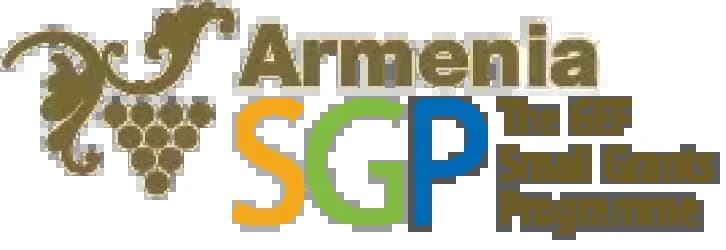


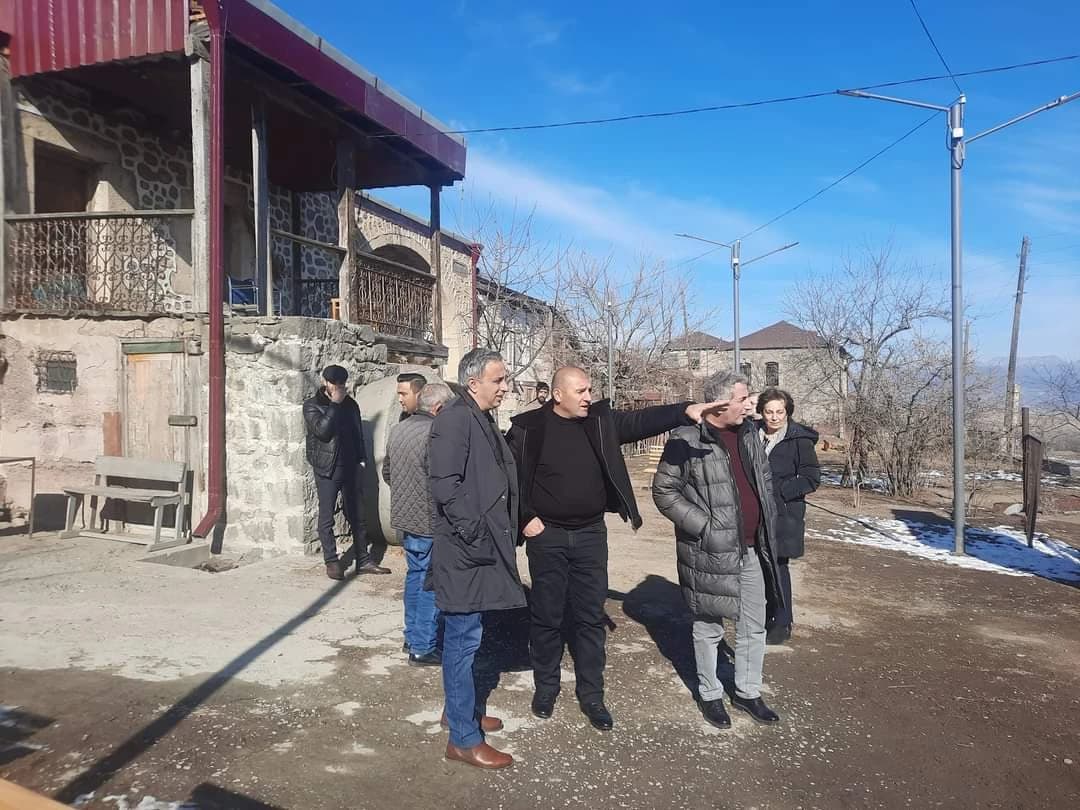
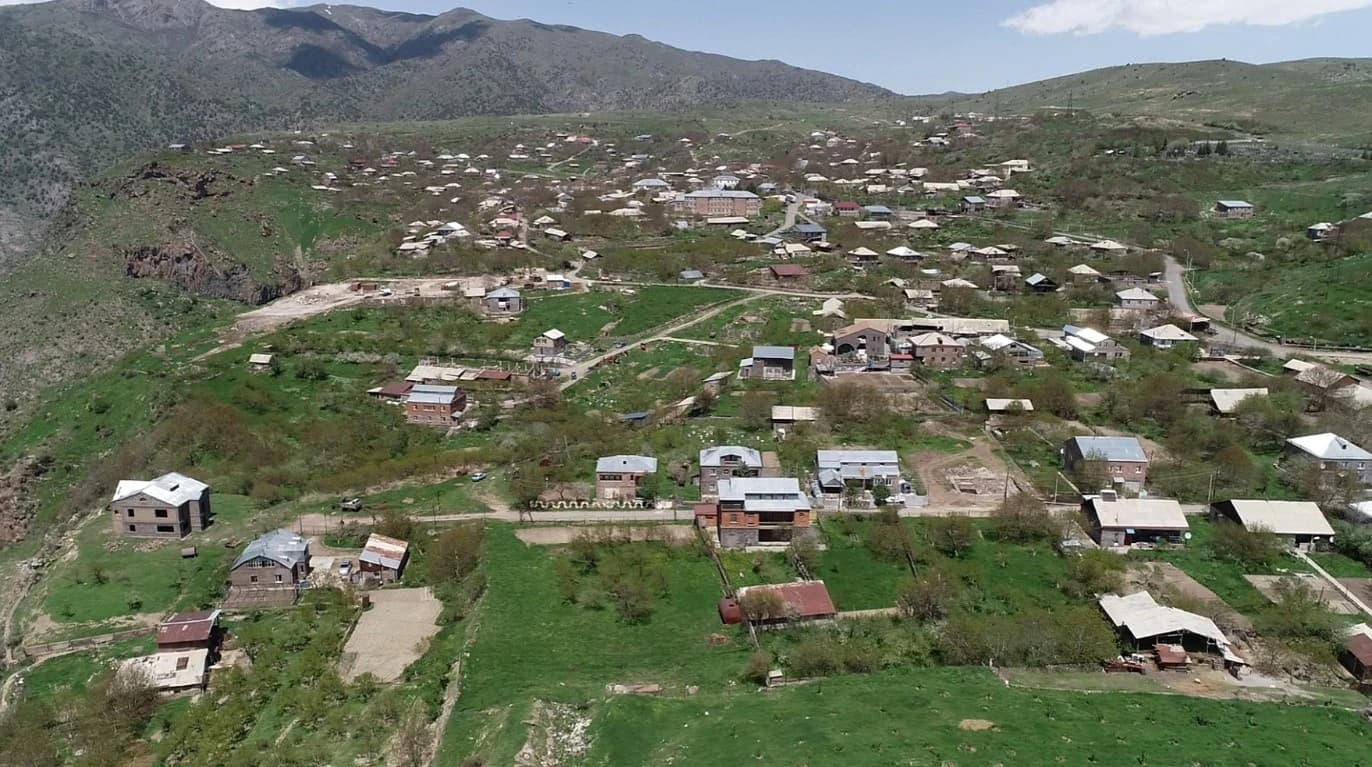
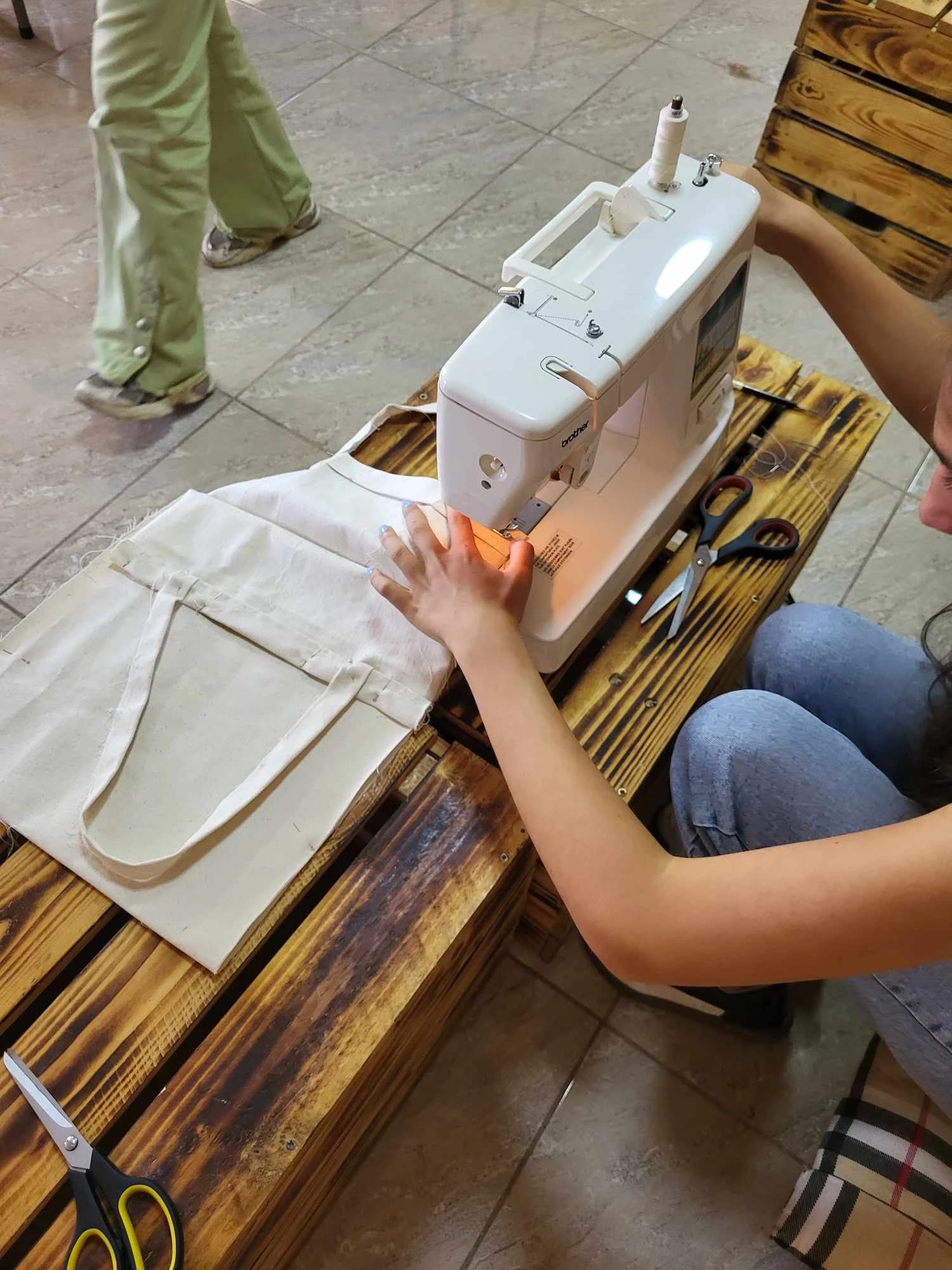
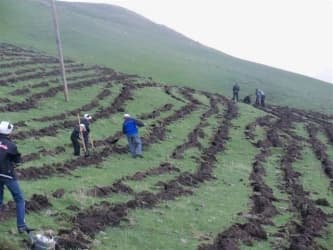
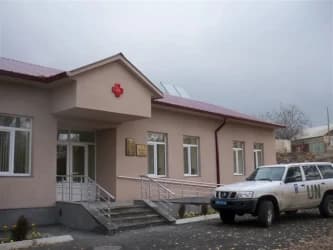
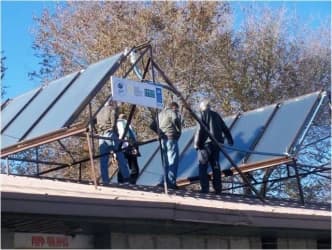
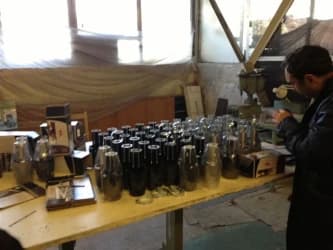
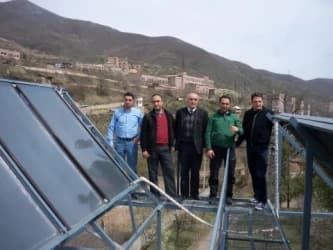

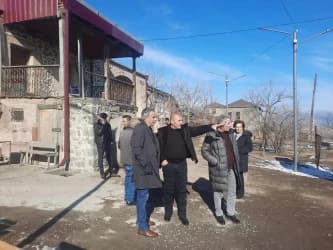
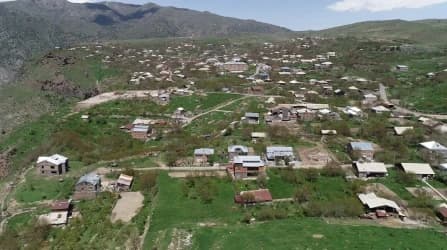

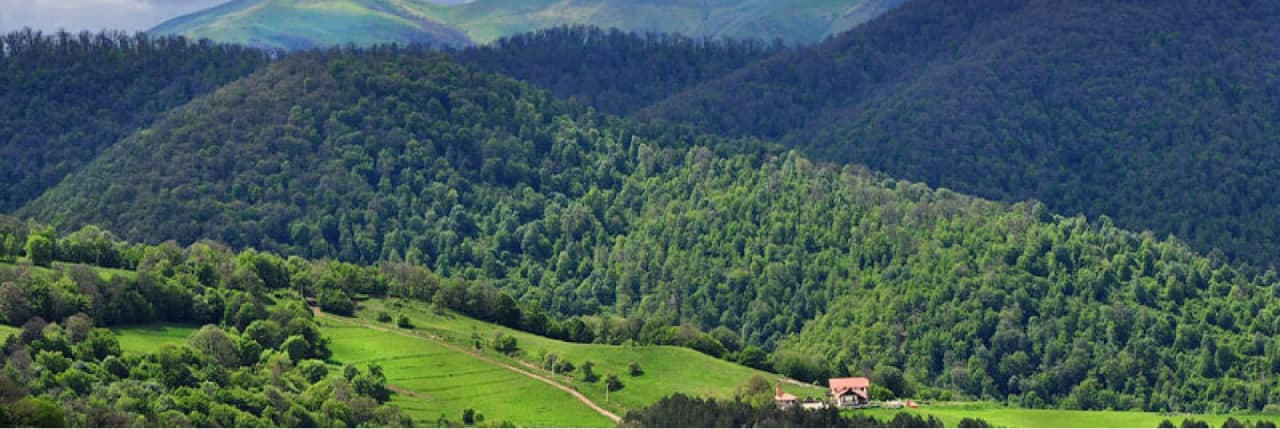
.png&w=3840&q=75)
